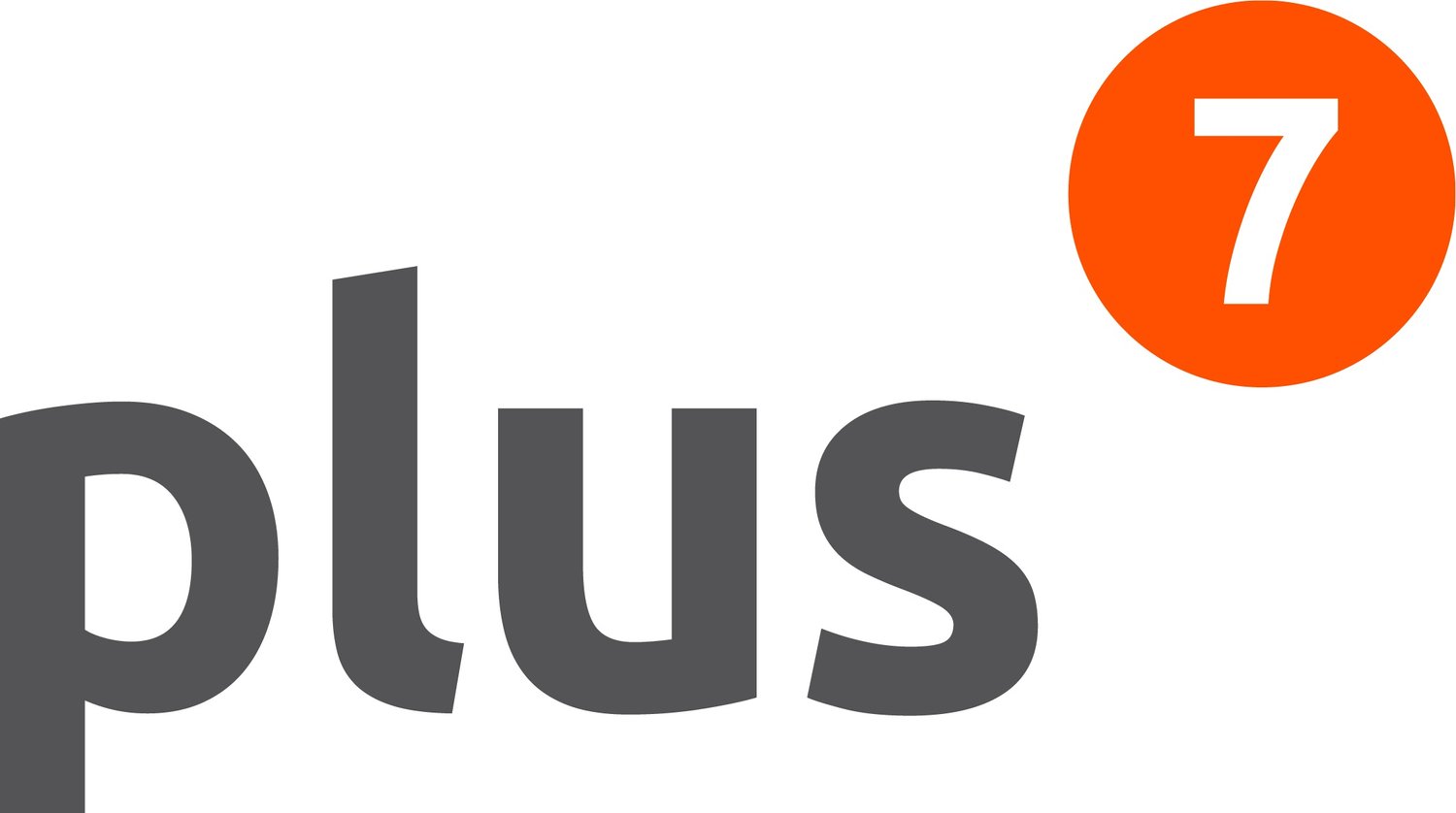Is early retirement still possible in a high inflation environment?
As far as threats to your retirement go, high inflation can be one of the most worrisome. It erodes the purchasing power of your savings and can throw many of the assumptions you’ve made about retirement out the window. And if you’re hoping to retire early, the risks it poses are even greater.
Since your withdrawal horizon will be longer than the average person’s, you might need to rethink your entire strategy — or at the very least accept that some compromises may have to be made. For example, you might have to work longer (or in a casual or part-time capacity), save more, or adjust your retirement lifestyle to accommodate a smaller income.
Below are just a few of the things you’ll need to consider to make your early retirement work.
Save more aggressively
While inflation affects everyone, you’re arguably more vulnerable to price rises once you retire and start drawing on your nest egg. That’s because unlike someone who is still working, you’ll have fewer opportunities to increase your income to match the cost of living increase. The key is to maximise your savings as much as you can during your accumulation phase so you can retire with an appropriate buffer in place.
Whatever your current rate of savings is, think about ways to increase it. This can be done by increasing your income or finding ways to cut back on expenses. Consider making use of government websites like Energy Made Easy to see if you’re paying more than you need to be on your energy bill, and think twice before spending money on any big ticket items, such as holidays or home renovations.
Make sure your portfolio is sufficiently diversified
Different asset classes will perform differently over time, so it might be worth taking a look at your investments and making sure you have the right allocation to ride out any bumps in the market. Returns from shares and property tend to be higher than many other assets, and — while riskier — could potentially have a better chance of beating inflation in the long run. At the same time, it can also be a good idea to have a reserve of cash to draw on so you don’t have to sell your investments during a market downturn.
Be aware of sequencing risk
Volatility and unpredictability are features of markets that every investor has to deal with. But things can get especially stressful leading up to and immediately after retirement, which is when your balance is at its largest. This is the idea behind ‘sequencing risk’ — if the year you decide to retire coincides with a market downturn, as it did for many during the GFC and most recently during the COVID pandemic, you could be looking at a much lower retirement balance.
This is especially relevant for anyone who plans to retire in the next few years. The Reserve Bank is navigating very choppy waters at the moment and the slightest miscalculation could tip the economy into a recession. If things do go down that route, you might have to consider a different approach. For example, delaying retirement long enough for your investments to recover, reducing your initial retirement expenses and/or drawing down on cash assets before shares or property. Otherwise, each withdrawal you make will lock in any losses your portfolio has suffered.
Reassess your retirement expectations
Finally, be open to the idea that you’ll still need to be proactive with your finances once you retire. That might mean tracking your spending and adjusting how much you withdraw each year based on how the market is performing. If you’re able to withdraw less when the market is down, it can help keep your savings from being depleted too quickly. It could also mean taking on a part-time job to supplement your retirement savings. Whatever your situation, it pays to be flexible
Being able to retire on your own terms can be a challenge in the best of times, but sky-high inflation adds an additional layer of complexity. Saving more, having a diverse set of income streams, and being able to make adjustments to your retirement strategy in real time are just some of the ways you can help keep some of the concerns you might have at bay. You should also consider seeking out professional financial advice, particularly if you’re thinking about rebalancing your portfolio.
Important information
Any case studies, testimonials statements, names, performances, examples or any other information provided are for illustrative purposes only. We cannot guarantee that you will achieve the same or similar results or outcomes. The information provided is general information only and does not take into account your individual objectives, financial situation or needs. Before deciding to acquire any product or service mentioned, you should make reasonable enquiries, read the applicable disclosure documents (such as financial services guides, terms of use and conditions, fees and charges and the relevant Product Disclosure Statements), which are available via the links provided or from our website and seek professional financial, legal and tax advice. You may also request a copy of any of the applicable disclosure documents. For more information, please contact us.

